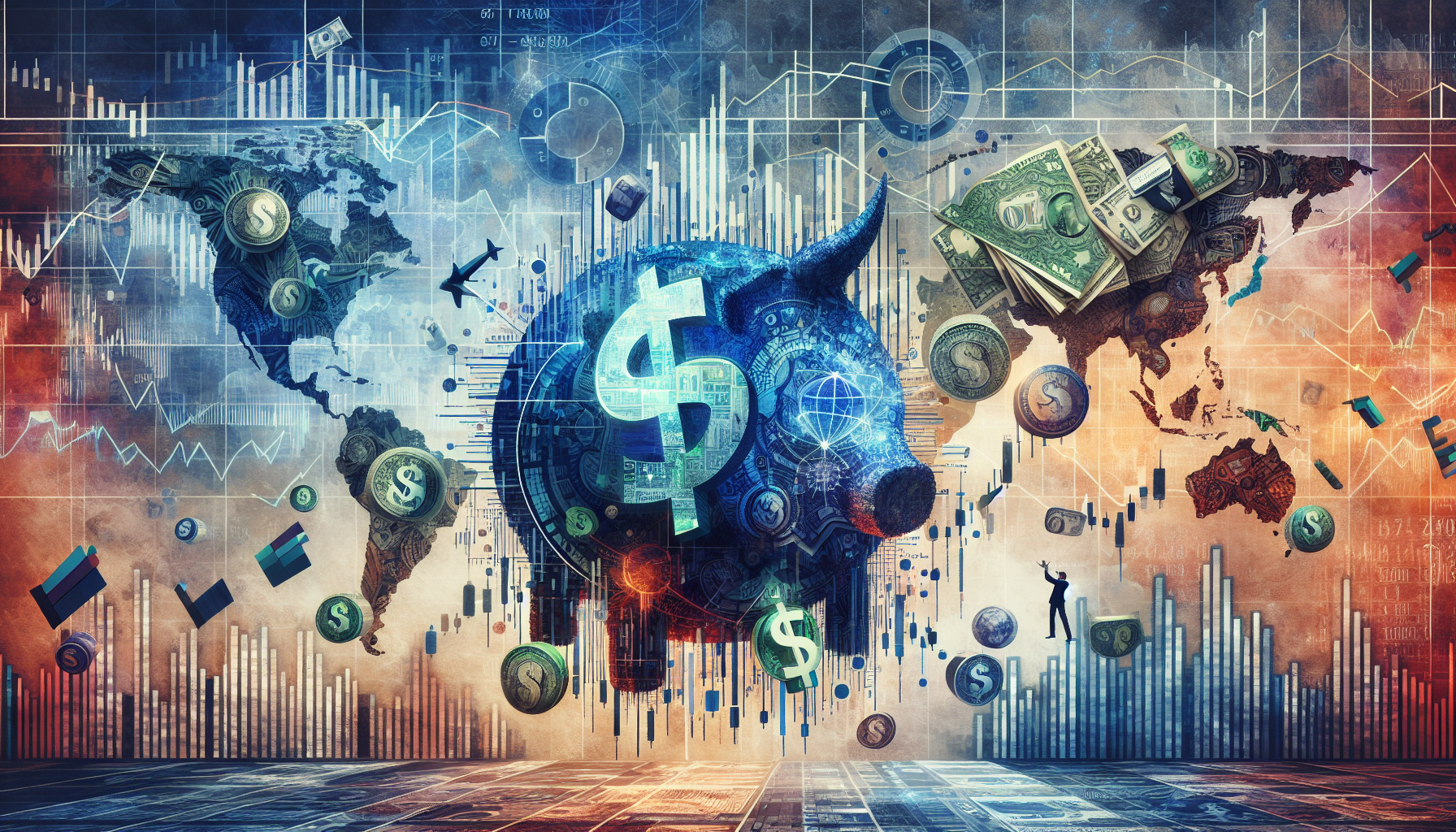
tl;dr
Generative AI is driving a major transformation in the gaming industry, with some studios set to succeed while others may fail. Jack Buser, Google's global games director, highlights this shift as one of the most significant in gaming history. Developers are adopting AI to innovate and sustain games...
Generative AI is igniting a profound transformation across the gaming industry, with some studios poised to thrive while others may not survive the upheaval. Jack Buser, Google's global games director and a 30-year industry veteran, warns that this shift is as significant as any major change in gaming history. Working at the nexus of cloud infrastructure and AI integration, Buser assists publishers and studios in adopting cutting-edge technologies to innovate and sustain their games.
AI arrives at a time when developers face financial strains and declining player engagement; over half of all playtime is concentrated in games older than six years, creating fierce competition for new titles. Despite setbacks such as a post-pandemic dip in revenue, the global gaming industry showed resilience by generating $182.7 billion in 2024, with projections reaching $188.9 billion in 2025. Yet, Buser notes a "broken business model" has triggered layoffs and game cancellations in recent years.
Generative AI emerges as a potential lifeline, with a majority of developers already incorporating AI tools throughout their production pipelines. This incorporation promises significant reductions in development time and costs. The new paradigm, termed the “living game” era, uses AI in real time to analyze player behavior and dynamically generate content, offering an evolution far beyond traditional patch and DLC methods. An example is Fortnite’s AI-enabled Darth Vader, which demonstrated both the promise and challenges of such innovations, including issues with offensive outputs and labor disputes over AI’s impact on voice actors.
Buser compares this AI-driven revolution to past industry shifts, such as the move from cartridges to CD-ROMs, where adaptation determined survival. Just as some companies failed to evolve then, the current AI revolution will create winners and losers, fundamentally reshaping the future of game development and player experience.